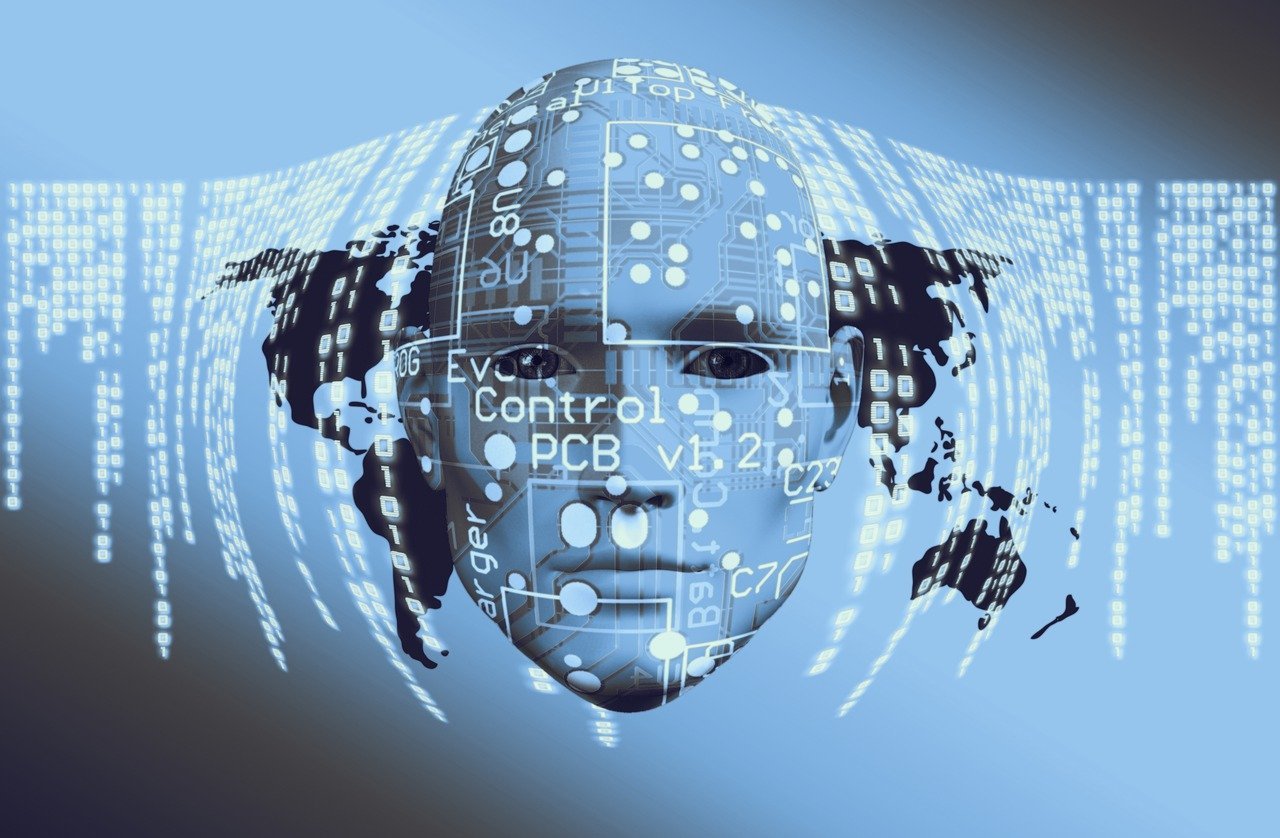Brussels, 5 July 2024
Question for written answer E-000676/2024
to the Commission
Rule 138
Vilija Blinkevičiūtė (S&D)
Artificial Intelligence (AI) technologies are advancing rapidly and are increasingly being used for human resource management. More and more Europeans are encountering situations in which AI systems manage, monitor and supervise employees, or make decisions about hiring or firing people. This is worrying because, even if there are no bad intentions, such a system may have hidden discriminatory motives (the data used for AI training may be discriminatory). The AI Act classifies AI systems used in the field of employment and employee management as high‑risk. However, the AI Act itself does not cover labour law. Therefore, solutions are needed to regulate the use of AI systems in human resource management. AI decisions should always be reviewed by humans, final decisions should always be made by humans, and algorithms should be public and comprehensible.
- Does the Commission have any data on how widespread the use of algorithmic management technologies and AI recruitment systems is across the EU?
- What measures does the Commission intend to adopt to regulate the use of AI systems and algorithmic management technologies in the labour market?
- How does the Commission plan to prevent covert discrimination in the use of AI systems in human resources management?
Submitted: 1.3.2024
Answer for question E-000676/24
5.7.2024
EN
E-000676/2024
Answer given by EU Commissioner Nicolas Schmit
on behalf of the European Commission
(5.7.2024)
The Commission is monitoring the use of artificial intelligence (AI) in the workplace. In particular, it has launched the preparation of a study[1] analysing the trends in algorithmic management (AM) in the workplace. The Joint Research Centre has published a paper with estimates of the prevalence of AM in Germany and Spain[2].
The AI Act[3], which addresses primarily the development of AI systems, will apply in conjunction with other applicable law, in particular current and future labour law focusing on how the use of AI affects working conditions in the labour market. The AI Act itself will complement the EU directives on non-discrimination by requiring high-risk AI systems to comply with clear quality and transparency criteria.
The political agreement reached on the platform workers Directive[4] provides more transparency, fairness and accountability with regards to AM on digital labour platforms by ensuring human review of important automated decisions and by enabling workers to contest decisions that affect working conditions if needed.
Against this background, the Commission will continue to monitor carefully and consider whether further action may be required to ensure a responsible use of AM in the workplace and to address the risks that the use of AM may bring about.
[1] https://www.visionary.lt/spotlight/va-kicks-off-an-algorithmic-management-study/
[2] https://publications.jrc.ec.europa.eu/repository/handle/JRC133016
[3] COM(2021) 206 final, https://eur-lex.europa.eu/legal-content/EN/TXT/?uri=CELEX:52021PC0206
[4] https://eur-lex.europa.eu/legal-content/EN/TXT/?uri=COM%3A2021%3A762%3AFIN

